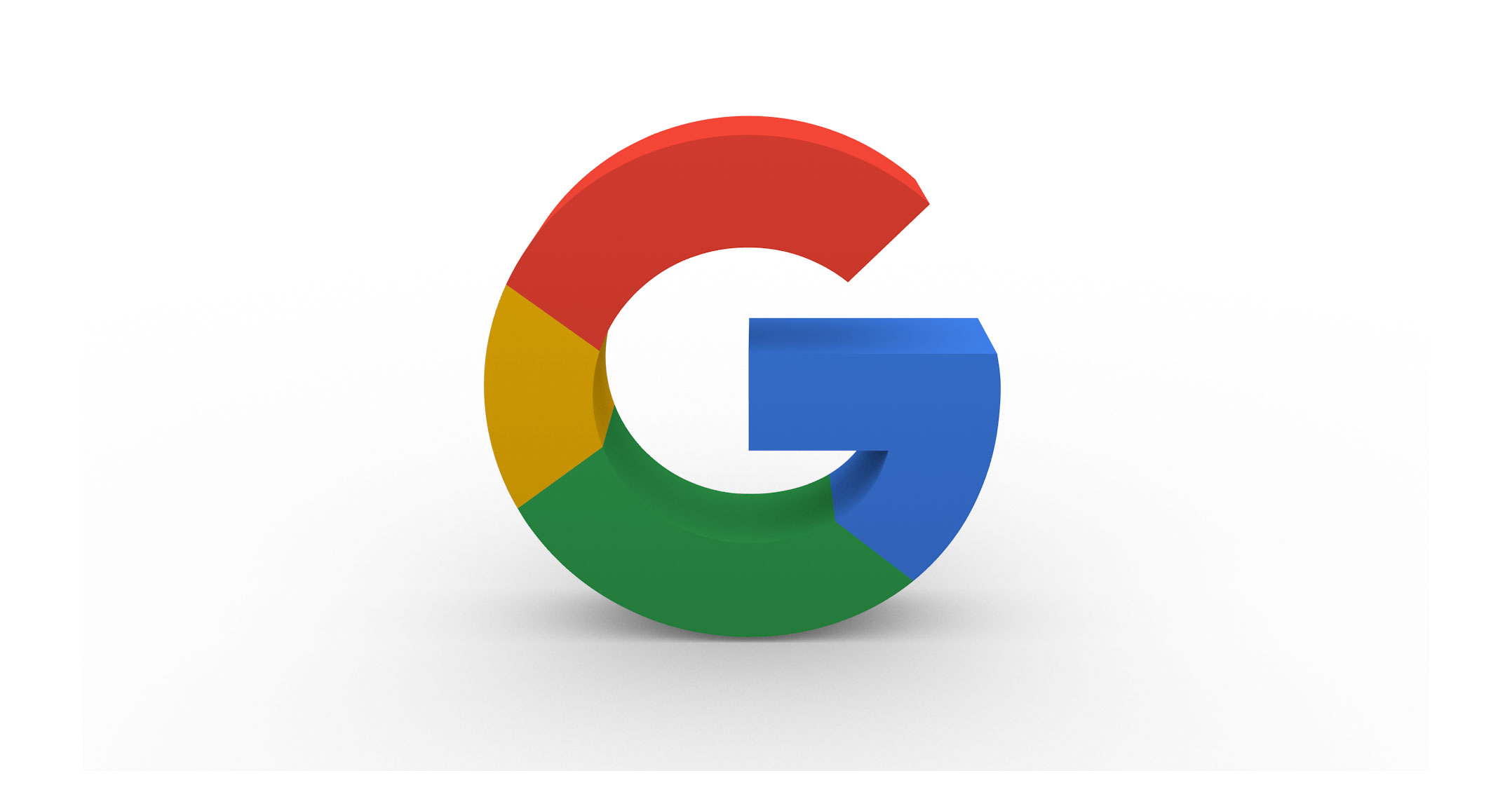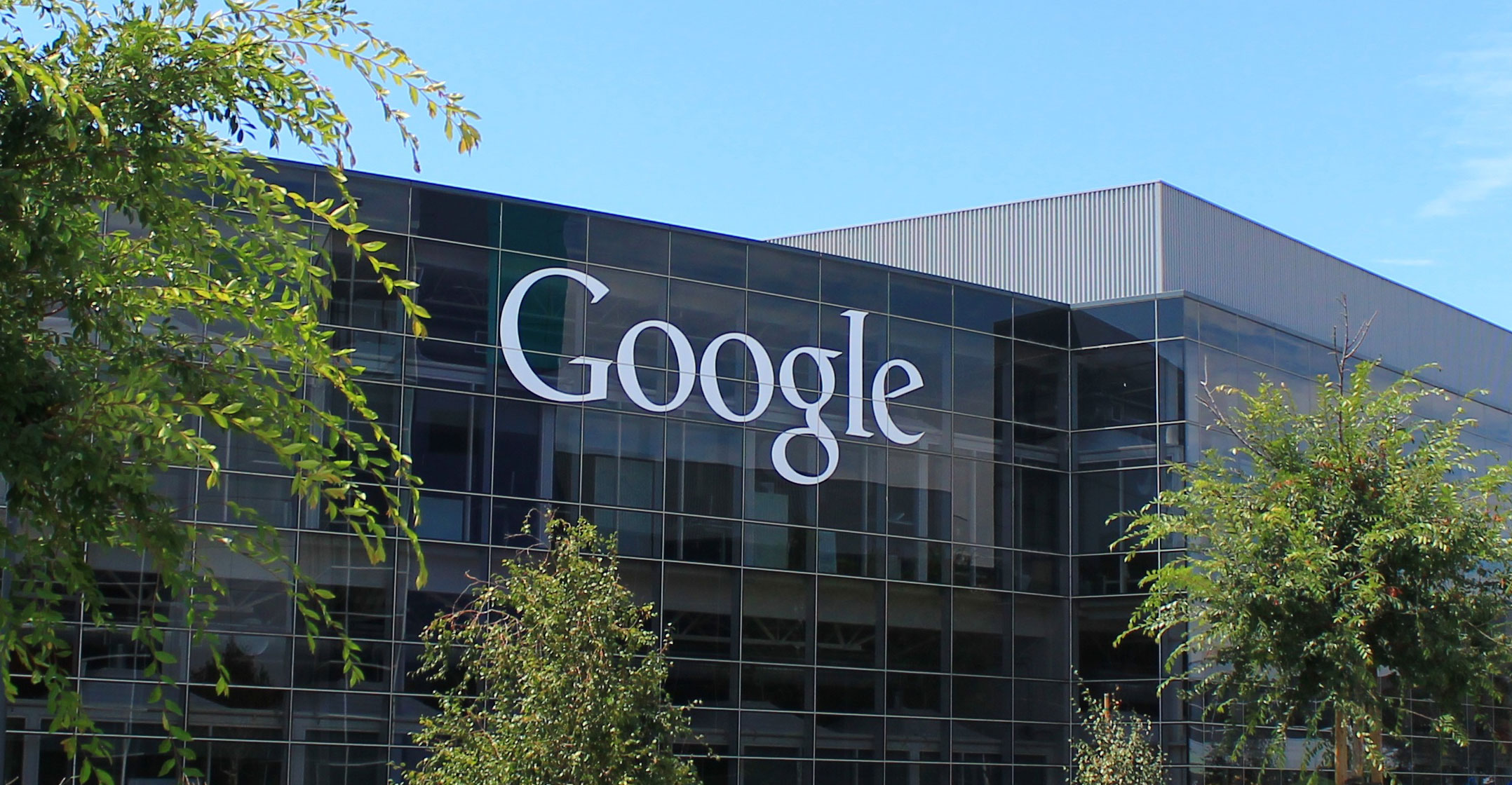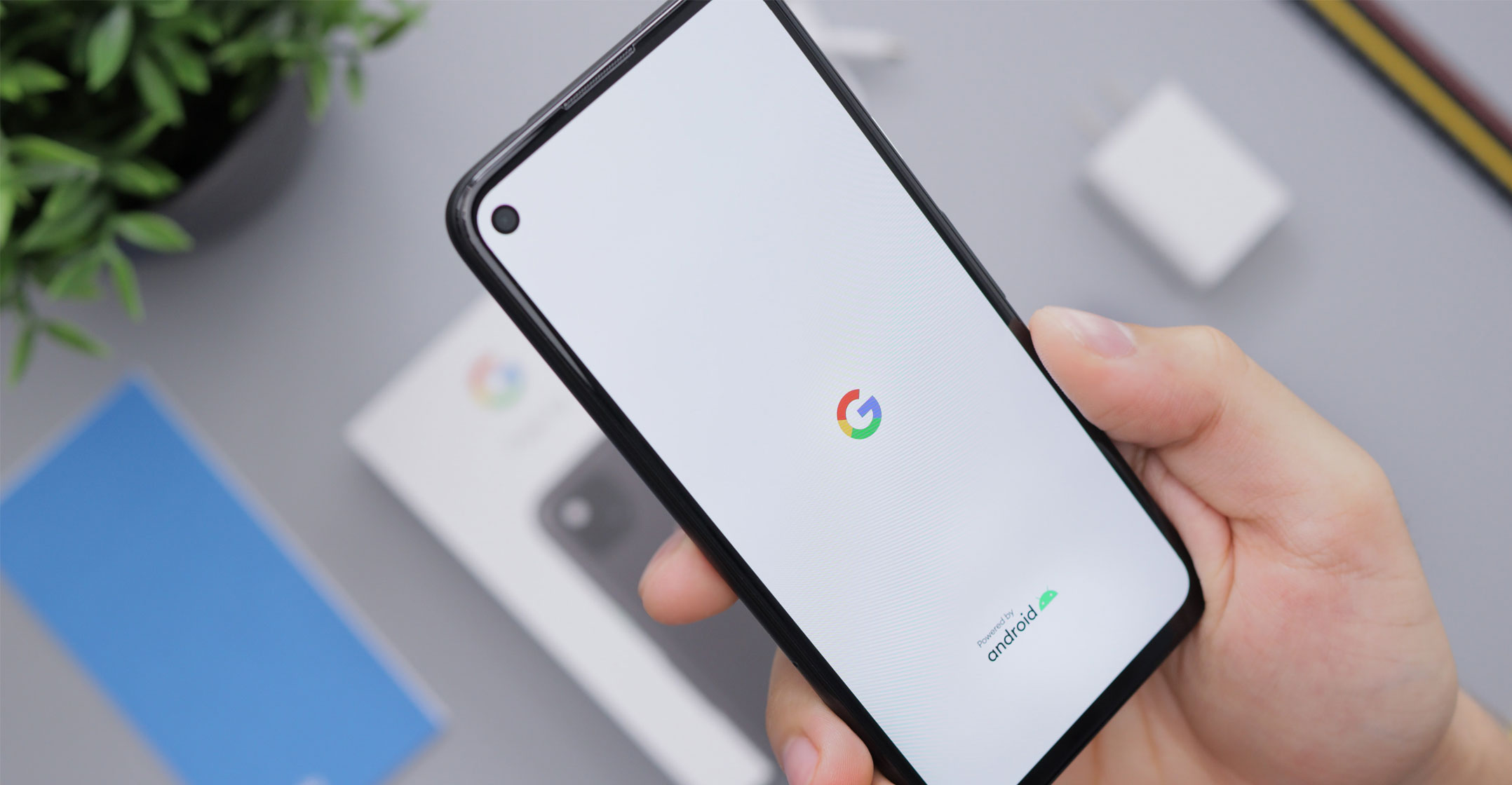 Google and the US justice department are set to face each other in court on Friday for the first time since the government sued the company for illegally monopolising Internet search.
Google and the US justice department are set to face each other in court on Friday for the first time since the government sued the company for illegally monopolising Internet search.
The hearing marks the first time attorneys for Google and the government will come together to start mapping out the the litigation process. It will set the stage for what’s shaping up to be a drawn-out court battle that could ultimately weaken Google’s gatekeeper position over the Web if the government is successful.
“We’re at the top of the first inning of a very long game,” said Mark McCareins, a professor at Northwestern University’s Kellogg School of Management.
Here’s how to follow the case as it winds its way through federal court:
The allegation: Monopoly power in three markets
The government’s first task is to convince the court that the markets laid out in the complaint are the right markets to assess the case. It then must demonstrate that Google has monopoly power in one or more of them.
The government says Google has monopoly power in three markets: general search services, search text advertising and search advertising:
- General search services is the market for search queries through search engines, which includes competitors like Microsoft’s Bing;
- Search text advertising consists of ads sold by search engines that are designed to resemble organic search results, and typically appear above or below search results; and
- Search advertising is made up all types of ads generated in response to search queries, including search text advertising and specialised search ads that contain text and additional material like product images.
“If the government can’t prove monopoly power in any of those markets, then the case is over,” said Sam Weinstein, a former justice department antitrust official who is now a professor at Cardozo School of Law.
The likely rebuttal: Lots of competition
Google likely will counter by pushing to expand the scope of what’s included in the three markets.
Google, which controls some 90% of Web search, will have a tough time rebutting claims that it dominates the general search services market because it would have to show that there are venues other than search engines where consumers can perform an Internet search, said Jennifer Rie, a senior litigation analyst for Bloomberg Intelligence.
Google is likely to say that a large percentage of product searches begin on online retail giant Amazon.com in an effort to convince the court to increase the size of the market — which would decrease Google’s share.
It also dominates search advertising, but not as much, and it will try to argue there are other substitutes.
Google earned 73% of US search advertising revenue, according to a 2019 report by EMarketer, but Amazon’s share has been rising steadily. Amazon earned 13% of search ad revenues, double what it earned in 2017.

The allegation: Exclusionary agreements
If the justice department can prove Google is a monopoly in at least one market, it will then have to show that the company illegally keeps control of the markets by using a web of exclusionary agreements to block rival search engines from competing.
Google uses revenue-sharing agreements, under which device makers like Apple and Android manufacturers can get a cut of Google’s advertising revenues in exchange for making Google the default search engine.
The search engine also uses pre-installation agreements that require Android manufacturers to pre-download Google’s bundle of apps, including Chrome and YouTube, on consumer devices. Google also subjects Android manufacturers to anti-forking agreements, which forbid manufacturers from developing or distributing versions of Android that don’t comply with Google standards.
The government must show that Google entered into these agreements without any legitimate business purpose.
The likely rebuttal: Consumers benefit
Google is expected to show that its agreements with device makers serve a variety of business purposes other than squashing competing search engines. Consumers are benefiting from the deals, not being harmed, it will argue.
A common justification for exclusive agreements is the need to create dedicated distributors that promote products.
Federal district court judge Amit Mehta will have to weigh the two sides’ arguments in what’s called a “rule-of-reason” analysis, in which he will balance the pro-competitive and anticompetitive effects that each side demonstrates, said Peter Mucchetti, an antitrust lawyer at Clifford Chance who previously served in the justice department’s antitrust division.
The allegation: Google hurts consumers and advertisers
To prove that Google’s agreements are illegal, the justice department must show that they have harmed competition.
Competing search engines such as Bing and Duck Duck Go don’t have access to the same distribution channels on mobile devices because of Google’s exclusive partnerships with those manufacturers, according to the government. That has denied rivals the scale they need to compete.
The harms to rival search engines have in turn hurt consumers, the US says. Because Google is a monopoly, consumers don’t have access to search engines that could offer better data protection and privacy measures, the government says. That means reduced choice, quality and innovation.
The search engine’s conduct also harms advertisers, which must “pay a toll” in the form of higher prices, the US says.
Unlike traditional antitrust cases, the government can’t show Google’s dominance requires consumers to pay more for search engine services because Google’s search services are free. That’s a hurdle, but not an insurmountable one, lawyers said.
“What the government has to do is say that consumers are injured, but not in price,” said John Lopatka, an antitrust professor at Penn State Law. “They are injured because the quality is below what it would be in a competitive market.”
The likely rebuttal: Google is just better
Google will probably argue that its distribution agreements aren’t the reason rival search engines have failed to win market share. Instead, Google is expected to say its product is superior.
While Google’s agreements with device manufacturers set its search engine as the default, consumers ultimately have the option to switch to another search engine, the company has said.
And while some consumers care about privacy, Google will point to evidence that many clearly prefer Google for reasons that have nothing to do with privacy.
Another expected defence is that the payments to device manufacturers like Apple leads to lower prices for consumers. Google’s payments to Apple make up about 15% of Apple’s net income, according to the US. By getting a share of Google’s advertising revenue, Apple then can lower the price of its phones, Google could say.
 The precedent: US vs Microsoft
The precedent: US vs Microsoft
The Google complaint mirrors arguments the government made against Microsoft in 1998, the last major monopoly case brought in the US.
In that case, the justice department successfully argued that Microsoft illegally maintained its monopoly in computer operating systems by requiring computer makers to set its Web browser as the default on their machines.
Google will try distinguish itself from Microsoft. For one, consumers can switch to another search engine more easily than they could switch browsers on their PCs two decades ago, said Cardozo Law’s Weinstein.
Still, the Microsoft case will be the guidepost for the Google lawsuit. The federal appeals court in Washington ruled in 2001 that Microsoft violated antitrust laws to protect its monopoly, but reversed the lower-court decision ordering a breakup of the software company. The case will be a precedent for the Google complaint, which will be decided in the same federal circuit in Washington.
Political meddling
One line of attack for Google might be that the justice department’s case is more about politics than antitrust. On Thursday, US President Donald Trump said the Google lawsuit was part of his administration’s efforts to target big tech companies for their control over content, which he claims shows bias against conservative viewpoints.
In a campaign ad posted on Twitter and YouTube, Trump complained that the tech companies, including Google, are “suppressing” damaging stories about Biden.
“Big tech has to be spoken to and probably in some form has to be stopped,” he said. “One of the things we’re doing — you saw what happened with Google with the lawsuit — one of the things we’re doing is looking very powerfully and strongly at big tech. Go out and vote.”
 The remedies
The remedies
The government hasn’t yet specified what remedies it would seek to correct Google’s conduct, should it win a monopoly judgment, though the US is expected to seek a court order preventing Google from continuing to form exclusionary agreements with device manufacturers.
The lawsuit hints that the US would seek a structural fix, which could amount to a breakup of Google or a forced divestiture of assets. That might be overkill, according to antitrust lawyers.
“A much more effective remedy would be an order that Google has to share its search engine database with competing search engines,” said Chris Sagers, an antitrust law professor at Cleveland State University. “No one is going to be able to make a competing search engine as good as Google” without access to its search index, he said.
That kind of fix would be in line with what the justice department sought in the Microsoft case. It could also form the basis for a settlement agreement.
Google has repeatedly rebounded from European antitrust scrutiny when enforcers there deemed the company’s practices anticompetitive. In those cases, the search engine paid billions in fines rather than facing a breakup of its business.
EU enforcers also ordered Google to stop bundling its search and browser apps with Android. In response, Google offered consumers a choice of three alternative search apps on Android devices when they are powered on for the first time.
In seeking to tame a dominant company like Google, “an injunction is always going to be better than a fine, because monetary fines just don’t make that much of a difference”, Weinstein said. — Reported by Vicky Graham, (c) 2020 Bloomberg LP




